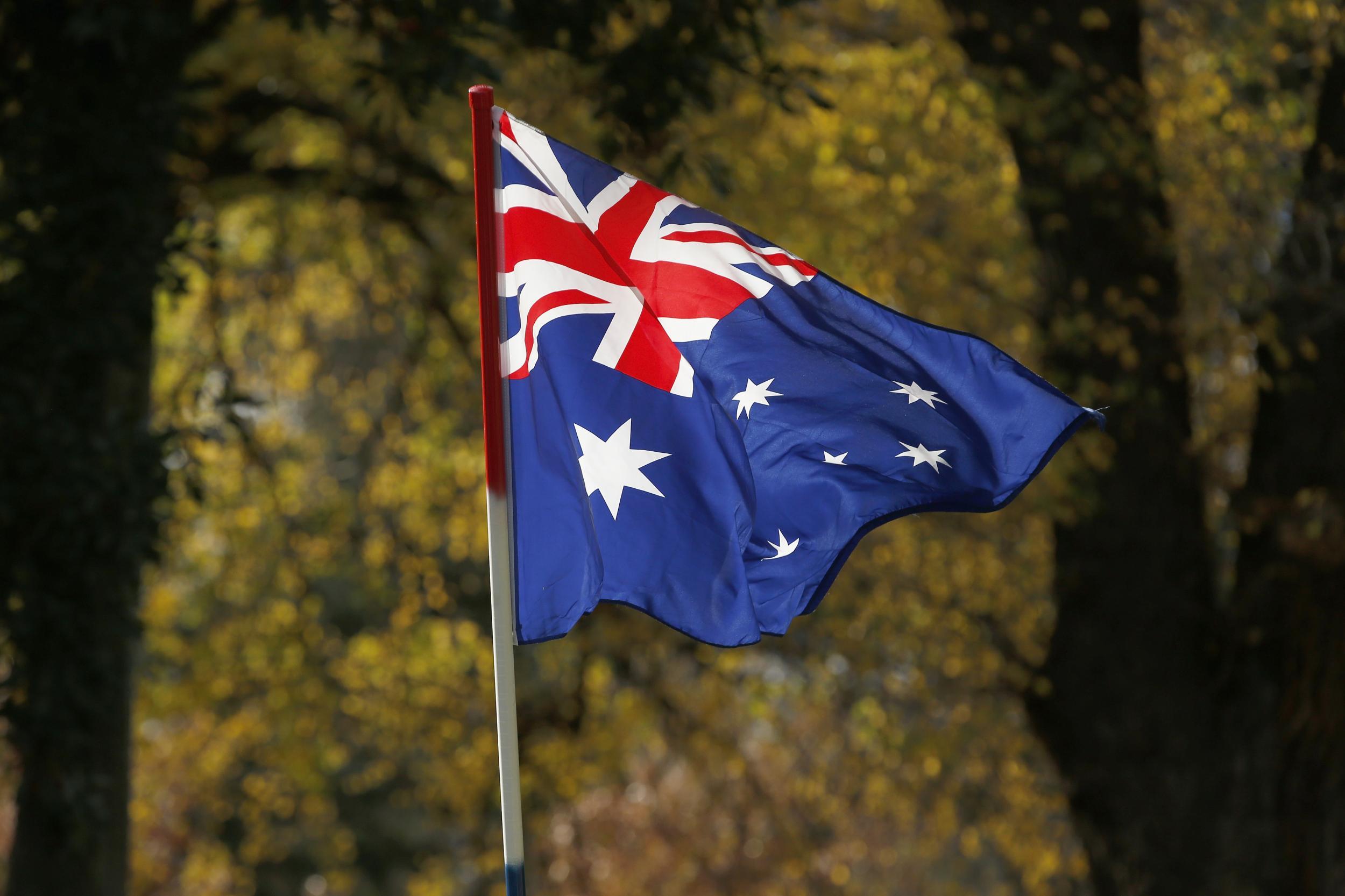Australia Day celebrations cancelled after politician says 'it's like celebrating the Nazi Holocaust'
Sue Bolton says it is 'grossly offensive' to the indigenous Aboriginal people

Your support helps us to tell the story
From reproductive rights to climate change to Big Tech, The Independent is on the ground when the story is developing. Whether it's investigating the financials of Elon Musk's pro-Trump PAC or producing our latest documentary, 'The A Word', which shines a light on the American women fighting for reproductive rights, we know how important it is to parse out the facts from the messaging.
At such a critical moment in US history, we need reporters on the ground. Your donation allows us to keep sending journalists to speak to both sides of the story.
The Independent is trusted by Americans across the entire political spectrum. And unlike many other quality news outlets, we choose not to lock Americans out of our reporting and analysis with paywalls. We believe quality journalism should be available to everyone, paid for by those who can afford it.
Your support makes all the difference.A Melbourne council's vote to drop all references to Australia Day after a politician compared it to “celebrating the Nazi holocaust”, has been criticised by the country's government.
Sue Bolton, a councillor for the Socialist Alliance, said that hosting ceremonies and events for the official national day on 26 January was “grossly insensitive” to the indigenous Aboriginal people.
Moreland City Council subsequently voted to drop all references to the date as Australia Day for reasons of cultural sensitivity, although it stopped short of cancelling its official citizenship ceremony which takes place on the same day.
Australia Day commemorates the arrival of the first European fleet of convicts and naval officers to the country after 11 ships left England on 13 May 1787.
Assistant immigration minister Alex Hawke criticised Moreland's “divisive” decision on behalf of Prime Minister Malcolm Turnbull.
“The Turnbull Government strongly condemns comparisons of Australia Day with the Nazi Holocaust as deeply offensive to all Australians,” he said in a statement. “Already we have stripped councils of the right to administer citizenship where they have violated the Australian Citizenship Ceremonies Code.
"The government will consider (the) Moreland motion, and the nature of the public debate and consider further action as appropriate,” added Mr Hawke.
The government last month stripped two other Melbourne councils, Yarra and Darebin, of their right to host citizenship ceremonies after councillors voted to shift them away from 26 January.
Mr Turnbull said in August he had taken action against the two authorities because he believed they were “using a day that should unite Australia to divide Australia.”
He told the country's parliament that "an attack on Australia Day is a repudiation of the values the day celebrates: freedom, a fair go, mateship and diversity."
He added: “On Australia Day, we recognise the greatness of our achievement as Australians. To change the date would be to turn our back on Australian values.”
The Greens have warned the Turnbull government against trying to force the council to reverse its decision.
“I have no doubt that the federal government will now exercise incredible overreach and try and intimidate the City of Moreland out of this decision,” Greens MP Rachel Siewert said in a statement. “Instead of being the big bully, the Turnbull government should reflect on why local councils are taking this step.”
Moreland's decision to stop referring to the date as Australia Day was not unanimous, with councillors John Kavanagh and Oscar Yildiz speaking out against the move.
“For us to reject this day, really means rejecting our own ancestry and customs,” Mr Yildiz said.
Ms Bolton stood by her comments comparing the national day to celebrating the Holocaust following a backlash from Jewish community leaders, who called her comparison “deeply insensitive”.
She said: “The Holocaust is a very hurtful thing to the Jewish community... But there are other similar experiences in other continents which may not have involved gas ovens but were attempts to commit genocide.”
She added: “The reason I’m drawing the comparison is to dramatise what happened to Aboriginal people. Many Australians are in denial about our history. I don’t shrink from using that comparison and I think we do have to recognise the atrocities committed in the past.”
The Australian Citizenship Ceremonies code of practice states that its official events “must not be used as forums for political, partisan or religious expression”.
Some Aboriginal events are now included in the public Holiday on 26 January, which is marked in every state.
But for decades, the date of Australia Day has also been marked in a separate way by Indigenous Australians and those sympathetic to their cause, mourning what they see as the invasion of their land by Europeans and protesting its celebration as a national holiday.
Such groups sometimes refer to 26 January as “Invasion Day” or “Survival Day” and campaign for the date to be changed.
Join our commenting forum
Join thought-provoking conversations, follow other Independent readers and see their replies
Comments